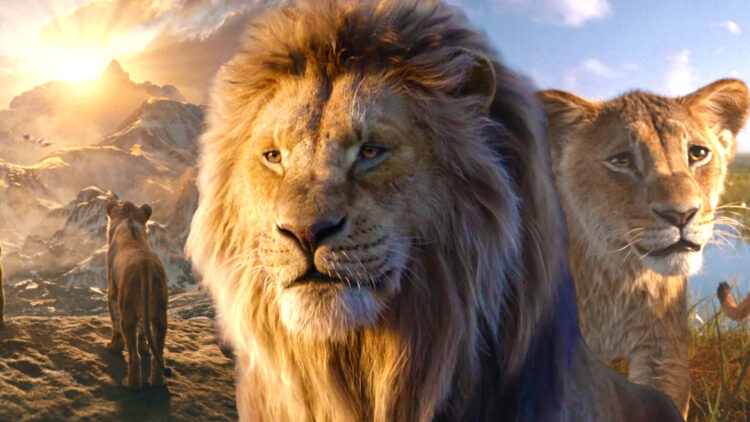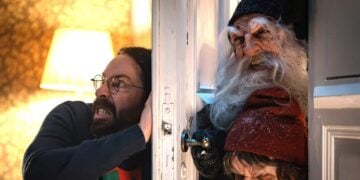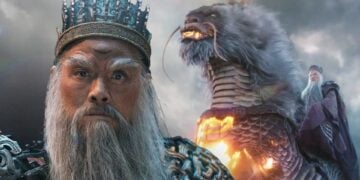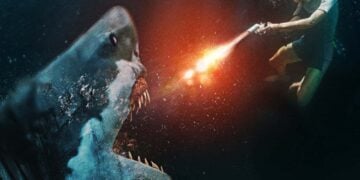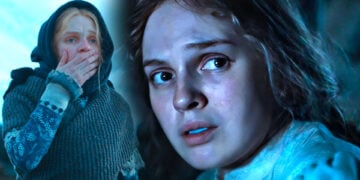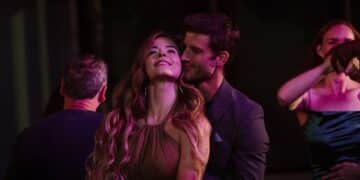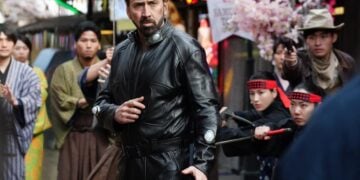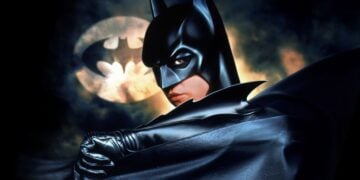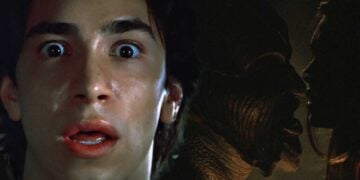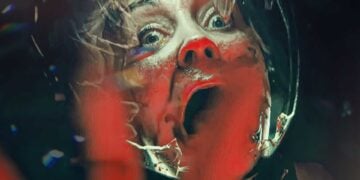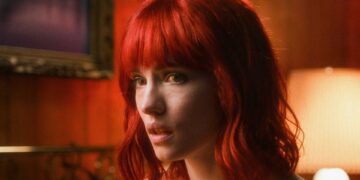Let’s face it: Disney has been in a slump in recent years. This is especially true regarding their lineup of films that hit theatres, whether live-action or animation. Even with the Marvel tag behind it, there’s been very little to stop the haemorrhaging. When the news broke of the upcoming release of a new film as part of the live-action franchise of The Lion King, it brought plenty of buzz. Mufasa: The Lion King is a prequel to the 2019 film. With plenty of lessons to be learned from the first adaptation and five years between the two films to get things right, did the studio heed the public and critics’ voices with its latest film?
A Rocky Start: Mufasa’s Controversial Synopsis
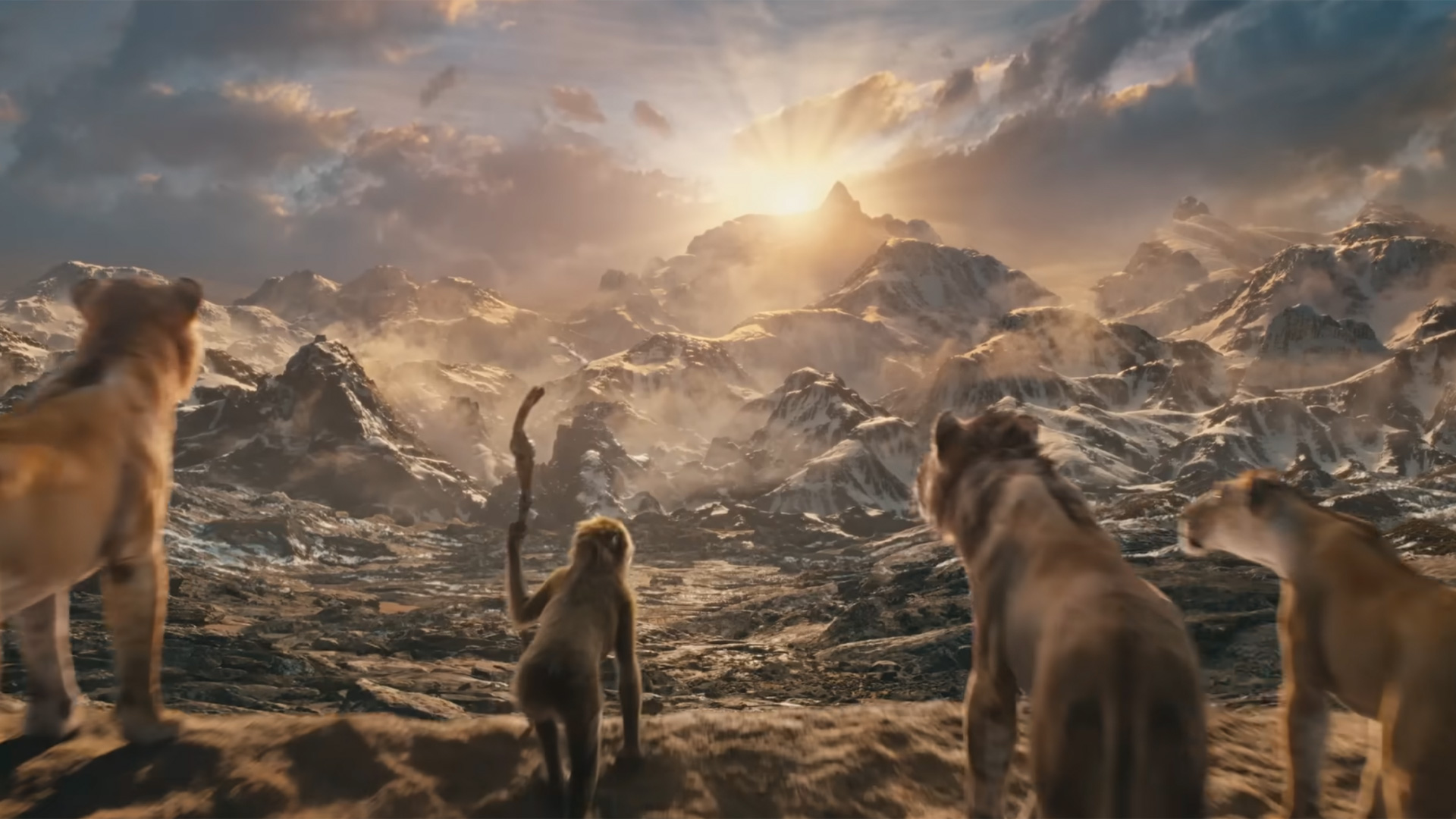
Things got off to a rocky start for the prequel when Disney released the synopsis for the film: “Mufasa, a cub lost and alone, meets a sympathetic lion named Taka, the heir to a royal bloodline. The chance meeting sets in motion an expansive journey of a group of misfits searching for their destiny.”
You can easily spot the issue here on paper. Knowing the original The Lion King story, we’re all familiar with Mufasa being the first king we’re presented with – both in the 1994 animated feature and the live-action reboot. From it, we conclude that Taka is the heir to the throne, with Mufasa joining the pack after being split from his parents and lost on the plains of Africa. The immediate assumption that Taka becomes Scar and that Mufasa “takes” the crown from him left many to believe that Scar was justified in his hatred of Mufasa and wanting his crown back.
But that’s not the story at all. It’s pretty far from it.
However, Disney didn’t do much to quell these concerns when it released its trailer. The story derived from the trailer plays out pretty much as is set out in the synopsis, again doing little to kill the “Mufasa the Usurper” tag.
RELATED: Who Is The Wisest Fictional Character?
Early Reviews to the Rescue
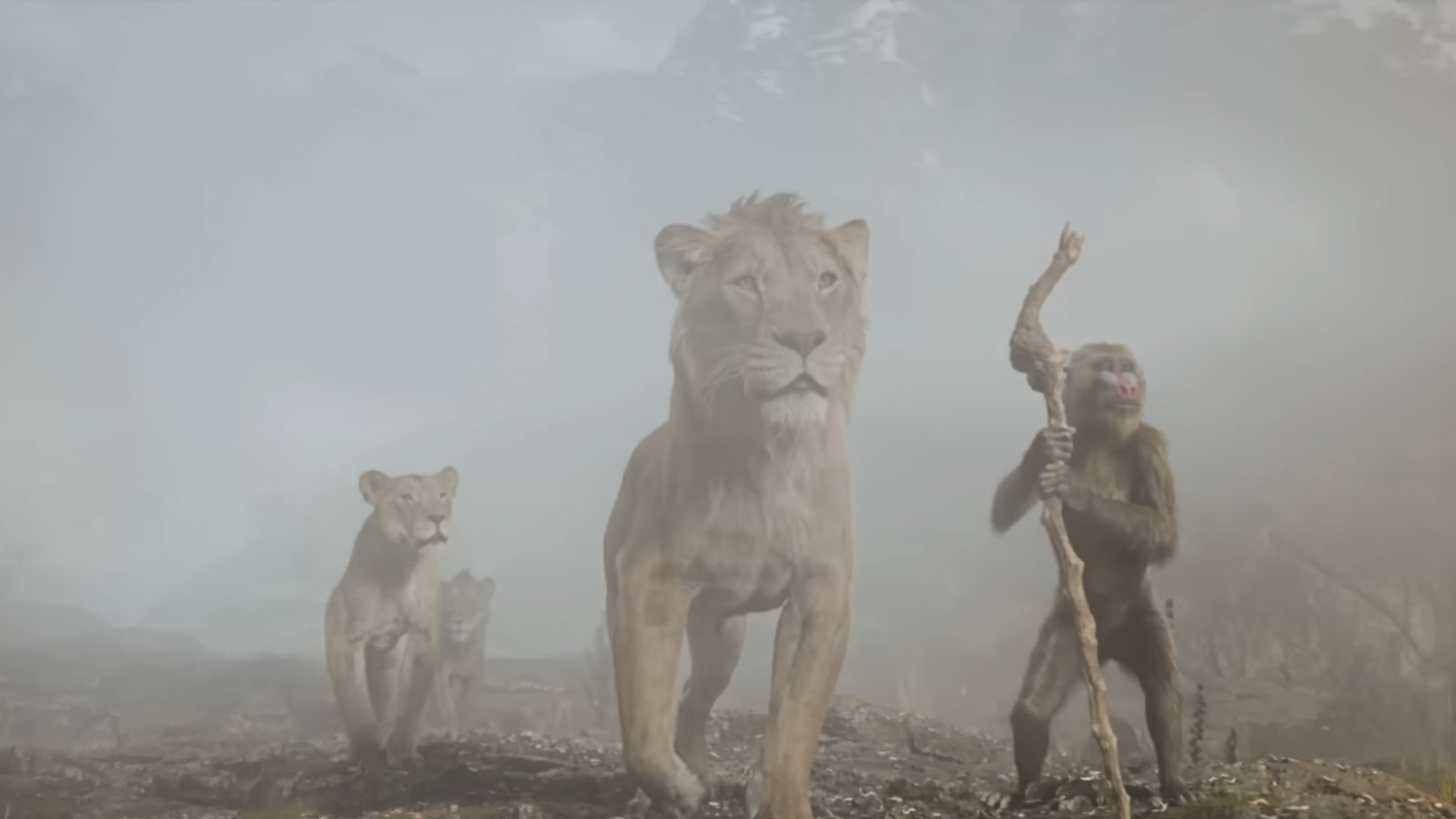
Thankfully, with positive early reviews from the critics – before any embargoes were lifted on the full reviews – and having seen the film myself, all the aforementioned worries have been put to bed. This is one of those rare times when the early buzz from critics and media is actually worth paying attention to.
Mufasa is a follow-up to The Lion King (2019) that many hadn’t asked for. However, after seeing the film, I’m glad the team pushed through all the negativity to deliver a much better film than the first. The Lion King would never live up to the original animated film that many have enjoyed and held dear. But it aimed to kickstart a new franchise and deliver a fresh story to the series.
A Split Story: Past and Present
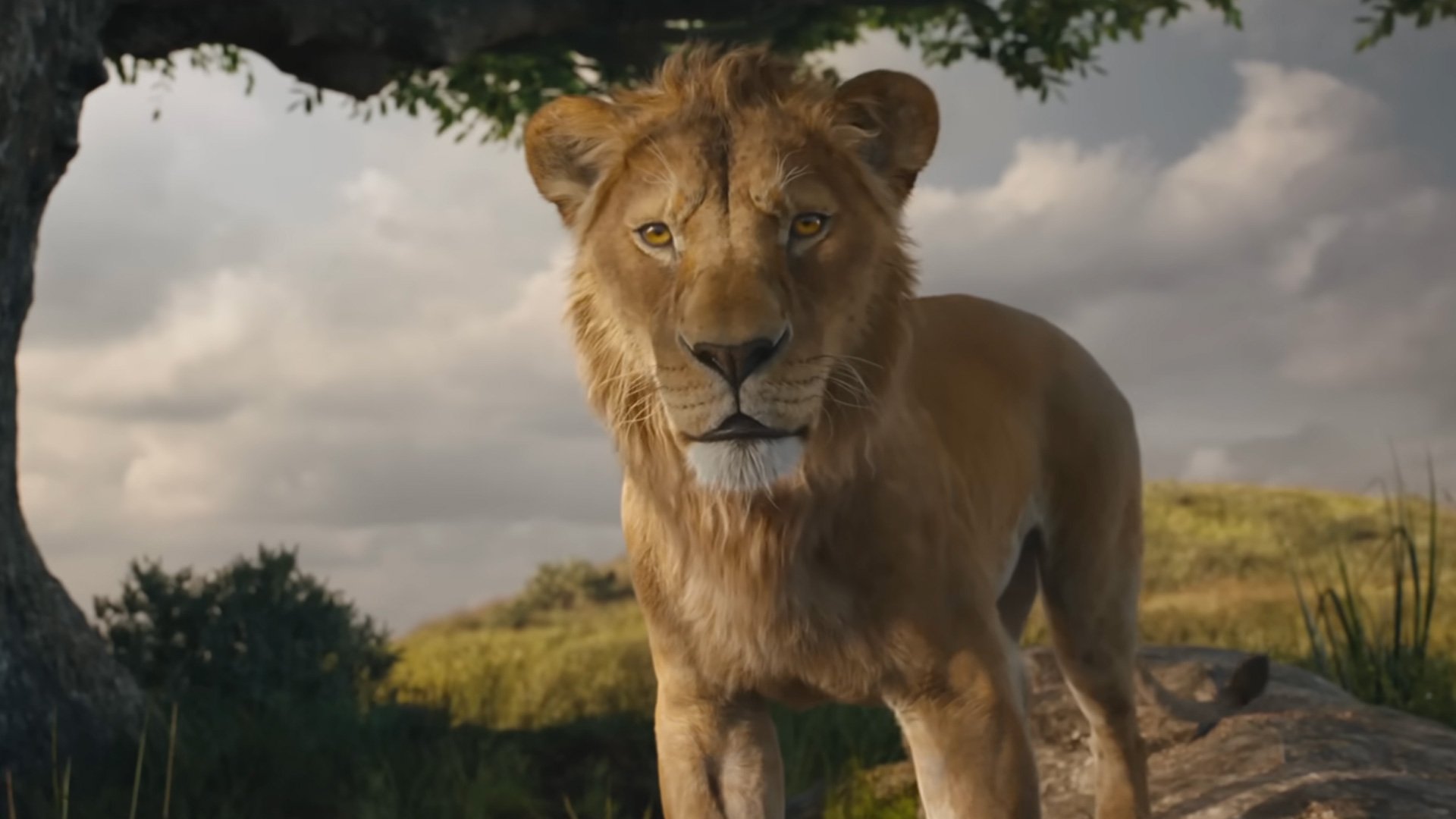
Mufasa: The Lion King is split into the current timeline, which continues shortly after the first film. Here, Simba (Donald Glover) and Nala (Beyoncé) are expected their second cub and retreat to a safe spot over the hills to deliver. Simba requests that Pumbaa (Seth Rogen) and Timon (Billy Eichner) take care of their firstborn, Kiara (Blue Ivy Carter), during this time.
The duo begins one of their classic tales to ease an anxious Kiara, who is becoming more fearful as a storm approaches. Not able to ease her stress, Rafiki (John Kani), a willing aid, is more than happy to share one of his stories to put her mind to it. Here, the story of her grandfather, Mufasa, is laid out.
Then there’s the story’s core, the tale of Mufasa’s (Aaron Pierre) rise to be Pride Rock’s king. After a flood separates Mufasa from his family, he is rescued and becomes brothers with Taka (Kelvin Harrison Jr.), the son of Obasi (Lennie James) and future heir to the throne in a distant land – to be clear, this isn’t Pride Rock.
After a series of events, the duo is forced from their home and on a journey to seek the lands, which are only told in stories and often thought mythical. On these travels, they meet and pair up with Sarabi (Tiffany Boone) and, on a short journey later, add a young Rafiki (Kagiso Lediga) to their pack.
RELATED: Why Disney Needs to Stop Creating Live-Action Remakes of Classic Movies
Standout Performances: Rafiki Steals the Show
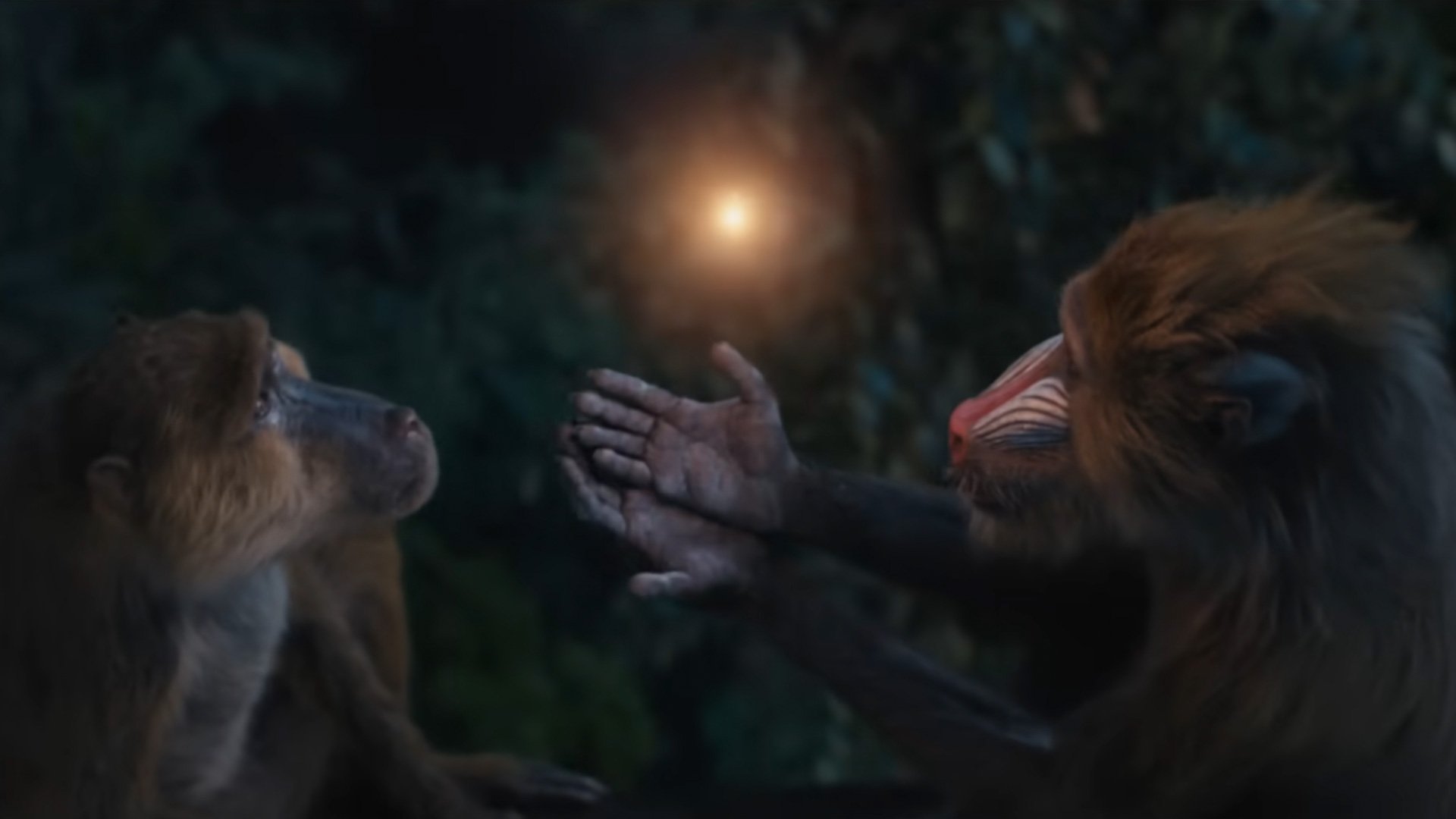
The cast of voice actors in the storied version of the film is excellent. Much of the enthusiasm, charm and comedic breaks come from the young Rafiki. Kagiso Lediga leans into his voice role with great aplomb and stands out. Similarly, John Kani also provides a remarkable side supporting role as the older version of Rafiki. However, the same cannot be said for much of the cast for the current timeline characters.
Billy Eichner and Seth Rogen do a decent enough job in their respective roles as Timon and Pumbaa, but the same cannot be said for Beyoncé’s daughter, Blue Ivy. It feels like she was shoehorned into a role created for her appearance rather than any need for the character itself. Most of the current scenes could all be cut from the film, and we’d still be left with a great film – perhaps the best part of the film. All that was needed was a showcase of Rafiki telling a story about the past and continuing from there. Each time the film cuts back to the present day, it takes you out of the story’s peak. The viewer is given a few crumbs to keep them filled for a minute or two before diving straight back in, which only creates a sense of annoyance and a lack of continuity.
RELATED: 9 Films That Took CGI to the Next Level and Redefined Cinema
Does Mufasa: The Lion King Fix the Problems of Its Predecessor?
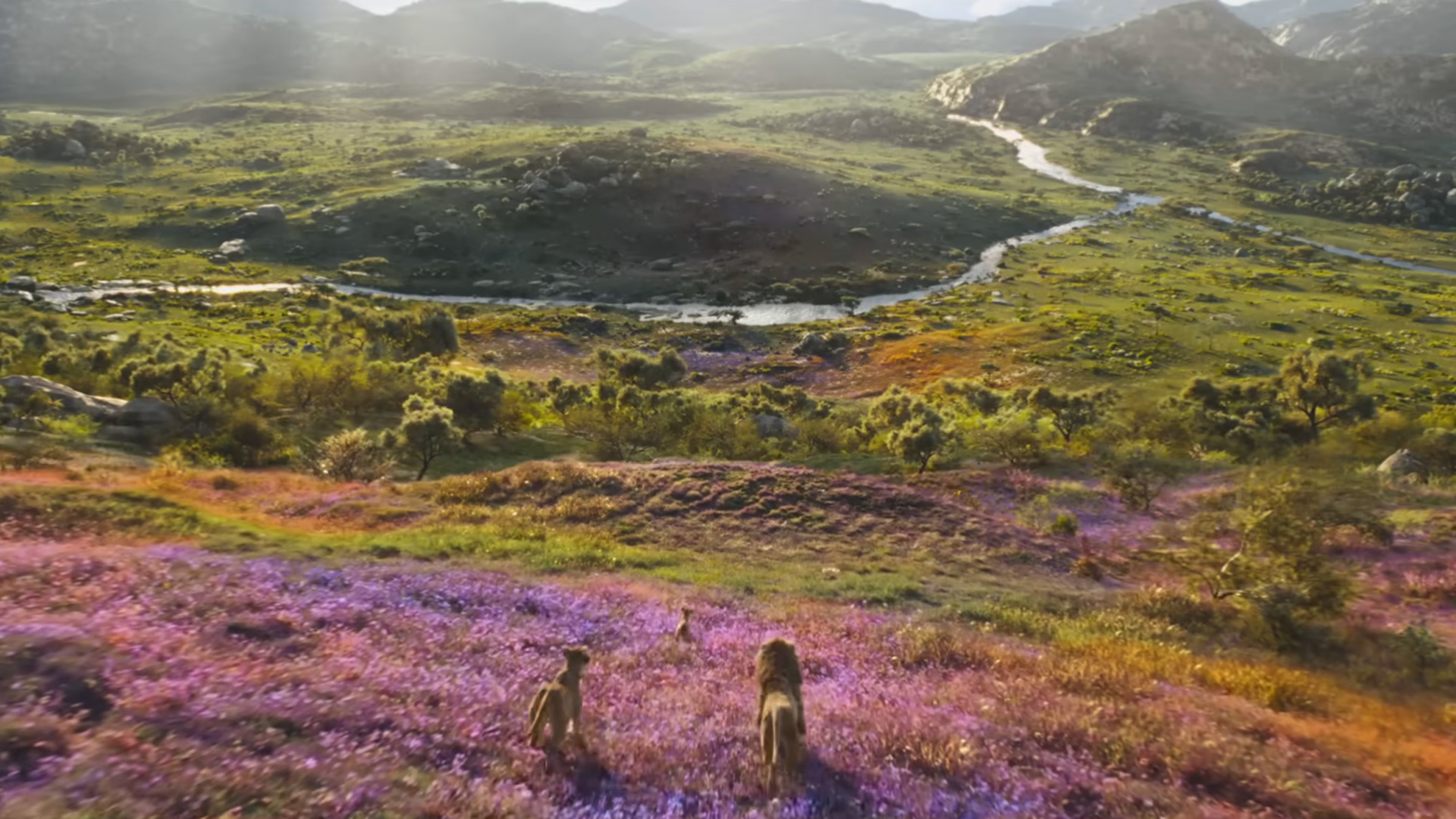
One key aspect of the film has been its acceptance of past failures. New life has been breathed into each character design, featuring much more expressive faces, where you could easily pick up expressions of anger, surprise, confusion and more. Coupled with a reworked environment and improved textures, including the fur on the animals and grass on the plains, Mufasa: The Lion King felt far more engaging.
The question I posed earlier on whether Disney had heeded all the public and media criticism was answered with a much more enjoyable film. With better dialogue and animal expressions, improved CGI and a unique story, the film captivates much better than its predecessor could. That said, it’s not without faults, pigeonholing a few characters we didn’t need and too many awkward sing-along scenes at the most inopportune time. Disney delivers Mufasa: The Lion King in a grand, enjoyable style for both young and old.
The Review
Mufasa: The Lion King
Disney roars back with Mufasa: The Lion King, serving up a fresh story with upgraded character designs, snappier dialogue, and CGI so slick you’ll forget lions don’t actually talk—easily outshining its predecessor.
Review Breakdown
-
Verdict


